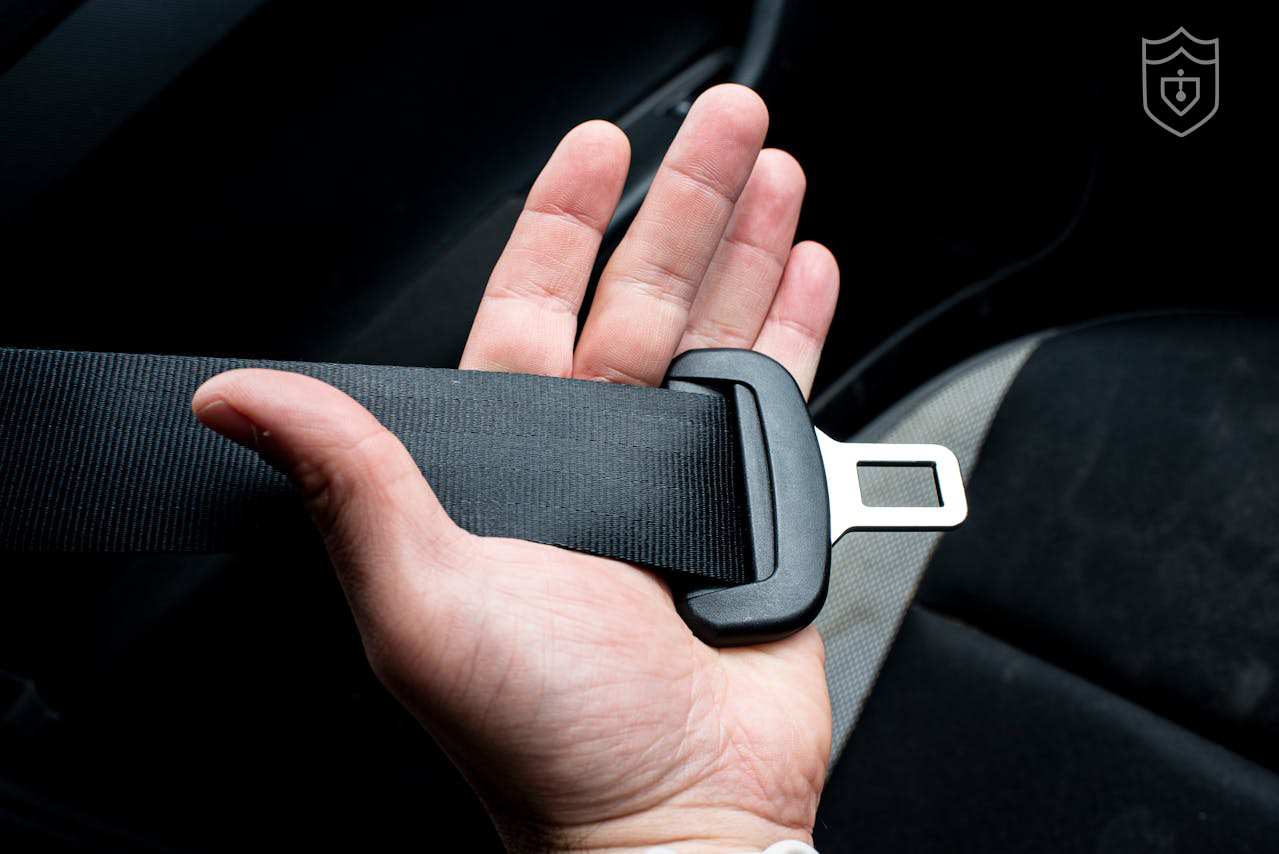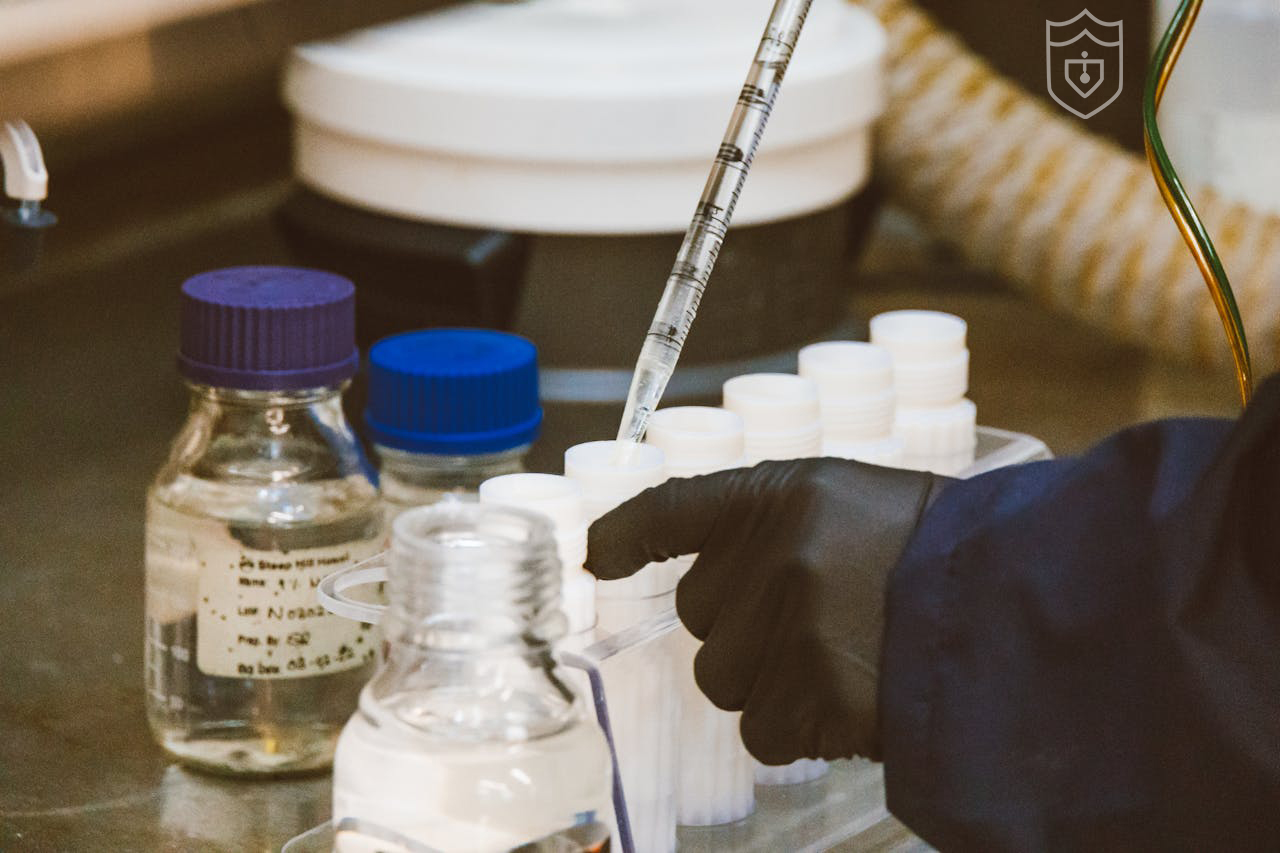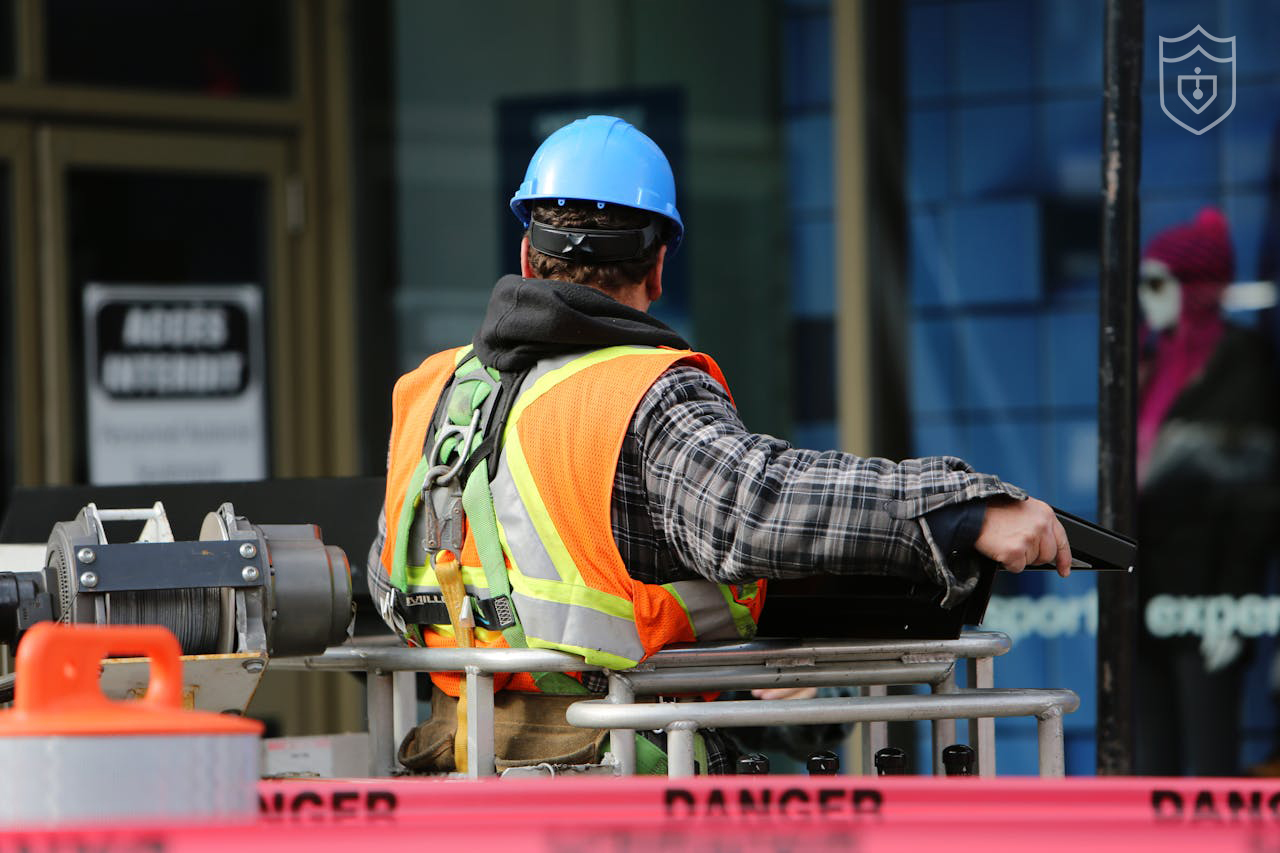True safety responsibility begins after finishing daily tasks. Any negligence after completing work can lead to incidents during the next shift or even outside working hours. This requires full commitment to preventive and administrative procedures to ensure a clean, safe environment free from residual hazards.
All machines and equipment must be shut down properly according to the manufacturer’s instructions or operational procedures.
Before leaving the site or ending the shift, ensure:
• Power sources are turned off.
• Gas or fuel sources are shut down.
• Compressed air or hydraulic systems are deactivated.
Return mobile equipment (e.g., cutting tools, welding tools, ladders) to their designated storage areas.
If a device or system malfunctions or stops unexpectedly:
• Attach an “Out of Service” tag or apply the Lockout/Tagout (LOTO) system to prevent use until repaired.
Leaving the worksite clean and organized is just as important as completing tasks:
Remove industrial waste and chemical or metal residues using proper containers.
Wipe up any spills (oil – chemicals – water) using designated absorbent materials.
Make sure there are no scattered tools or equipment on the floor.
Clean surfaces, tools, and devices from residue before storage.
Store chemicals in their original containers with secure lids and clear labels.
Return Personal Protective Equipment (PPE) to lockers or send for cleaning if contaminated or exposed to hazardous materials.
Your responsibility doesn’t end when the job does; it includes anything noticed throughout the day:
• If you notice a hazard, leak, or unsafe equipment, submit a Safety Observation or report it directly.
A formal report must be submitted in the following cases:
• Damaged tools or equipment.
• Unsafe behavior by a coworker.
• Missing hazardous tools or chemicals.
Use a Near Miss Report if an incident occurred without causing harm, but indicates a future risk.
🟧 Your personal safety doesn’t end once you leave the worksite:
Monitor yourself after the shift for symptoms such as:
• Heat stress (fatigue – excessive thirst – headache).
• Mild chemical exposure (dizziness – nausea – shortness of breath).
• Muscle fatigue or minor injuries that may show up later.
If symptoms persist:
• Go immediately to the on-site clinic or occupational health professional.
• Document the case and link it to the work activity.
Even after your shift ends, follow specific exit procedures:
Use only designated official exits.
Avoid shortcuts through operational or storage areas.
Ensure parking zones are clear of moving heavy equipment or forklifts.
Do not start your vehicle if you detect a gas smell or fluid leaks – report it immediately.
Drive slowly and cautiously inside facility zones, usually under 10 km/h.
At the end of every shift, inspect your PPE carefully:
Inspect helmets: any cracks or impact damage?
Inspect safety glasses: is visibility clear? Any scratches or breaks?
Inspect gloves and footwear: any tears or insulation defects?
Inspect high-visibility vests: are they still clean and bright?
If any item is contaminated or defective, you must:
• Turn it in to the Safety or Supply Department.
• Request a replacement immediately.
Never reuse equipment the next day if it is unfit for use.
Safety is a shared responsibility, and promoting it starts the moment you leave:
Participate in end-of-shift meetings to review observations and identified risks.
Support your coworkers by encouraging positive safety behaviors.
Suggest improvements to the work environment, such as:
• Better lighting.
• Additional warning signs.
• Better organization of tools and materials.
Don’t hesitate to submit an official safety suggestion to site management.
True safety doesn’t end with the task…
It starts with vigilance and care until the very last moment, and prepares the worksite for the next shift at the highest level of responsibility.
Discuss your specific security needs with us.
Inspect and evaluate the required solution.
Provide expert locksmith services on-site.
Ensure everything works perfectly before leaving.
Lorem ipsum dolor sit amet, consectetur adipiscing elit. Ut elit tellus, luctus nec ullamcorper mattis, pulvinar dapibus leo.

We highlight the importance of full attention while driving, eliminating distractions like mobile phones and headphones, and the necessity of proper seatbelt use to ensure your safety and the safety of others.

A safe lab begins with protective equipment and ends with proper chemical handling. Learn the correct ways to manage lab materials, prevent contamination, and ensure the safety of everyone in the environment.

We focus on your safety while carrying out tasks from using tools and equipment properly to following worksite guidelines. Every action counts in building a safer workspace.

True safety doesn’t end when the job is done. It starts with awareness until the final moment and prepares a secure environment for the next shift with full responsibility and care.
Every life matters. Our goal is to prevent all work-related injuries and incidents.
We provide structured awareness campaigns to strengthen safety culture across all roles.
Safety is embedded into our daily workflows, not added on top.